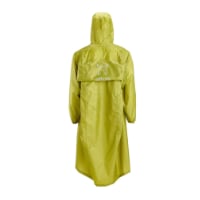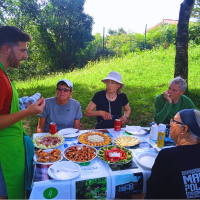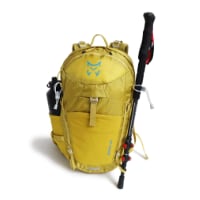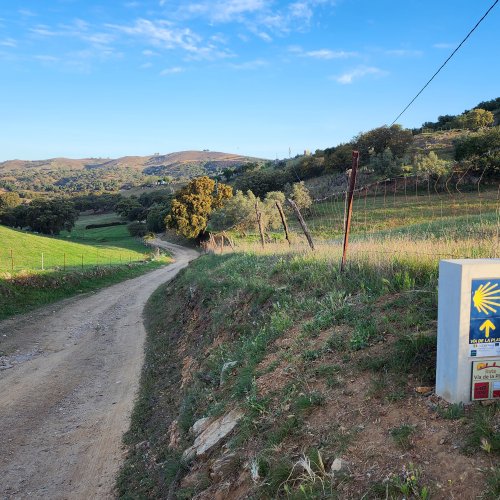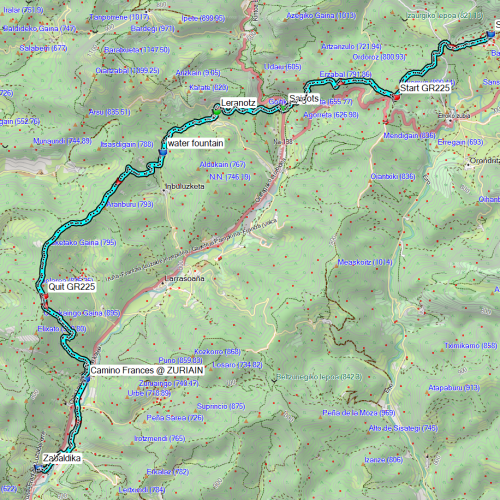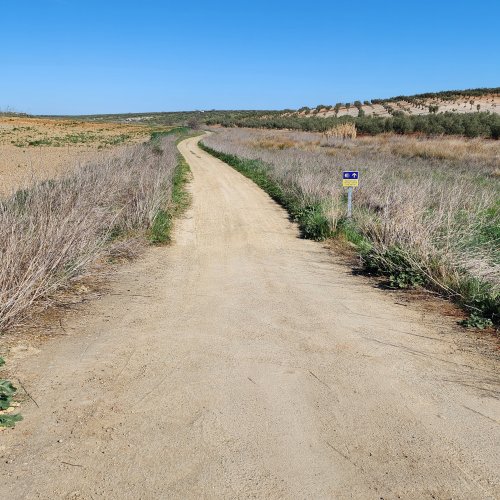Ungawawa
Active Member
- Time of past OR future Camino
- 2017-20: Francés, Norte, Francés, Portuguese Lisbon Coastal, Portuguese central
I currently use an excellent but heavy Lowe Alpine panel-loading (front-loading) 45L backpack. I'm in the market for a new one, a lighter one. It seems that all the best recommended light backpacks are top-loaders though, and some even with only one big compartment and no separate pockets like the Flex Capacitor.
At the moment I can't imagine not having easy immediate access to stuff. On the Camino I need a foot cream or want my charger, need sunglasses or contact solution, or it starts to rain and I need my raincoat and cover... How do you deal with this if you have to dig down through all your packed equipment each time?
Currently top-loaders seem hugely impractical to me. I can see how they might suit thru-hikers who don't need to stop much, but the camino for me is a journey of a thousand changes and breaks... BUT I might just be imagining a problem where none exists! I'm totally willing to have people persuade me otherwise. What are people's real-world experiences? I'm particularly interested in hearing from those of you who have switched from a panel-loader to a top-loader.
At the moment I can't imagine not having easy immediate access to stuff. On the Camino I need a foot cream or want my charger, need sunglasses or contact solution, or it starts to rain and I need my raincoat and cover... How do you deal with this if you have to dig down through all your packed equipment each time?
Currently top-loaders seem hugely impractical to me. I can see how they might suit thru-hikers who don't need to stop much, but the camino for me is a journey of a thousand changes and breaks... BUT I might just be imagining a problem where none exists! I'm totally willing to have people persuade me otherwise. What are people's real-world experiences? I'm particularly interested in hearing from those of you who have switched from a panel-loader to a top-loader.





